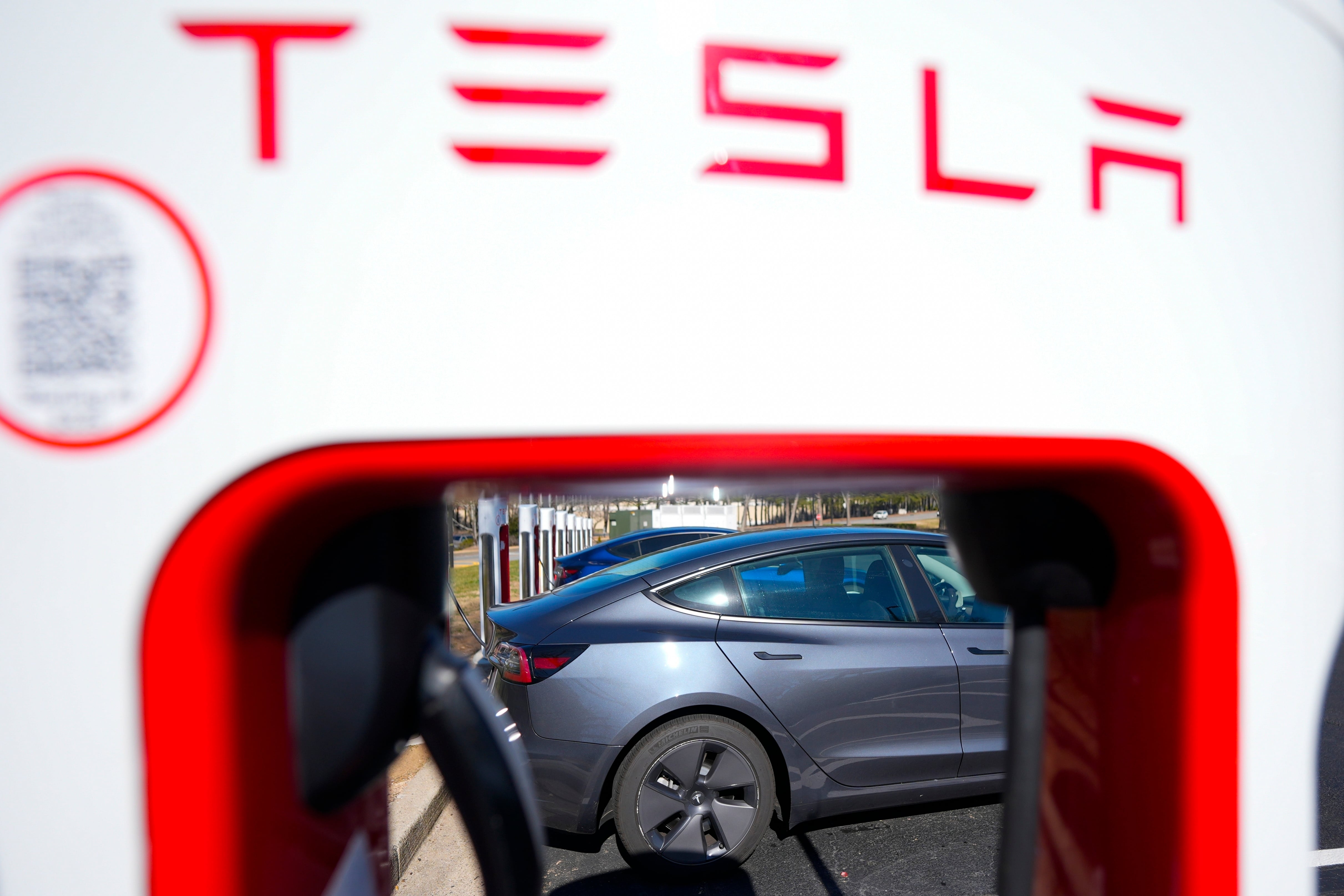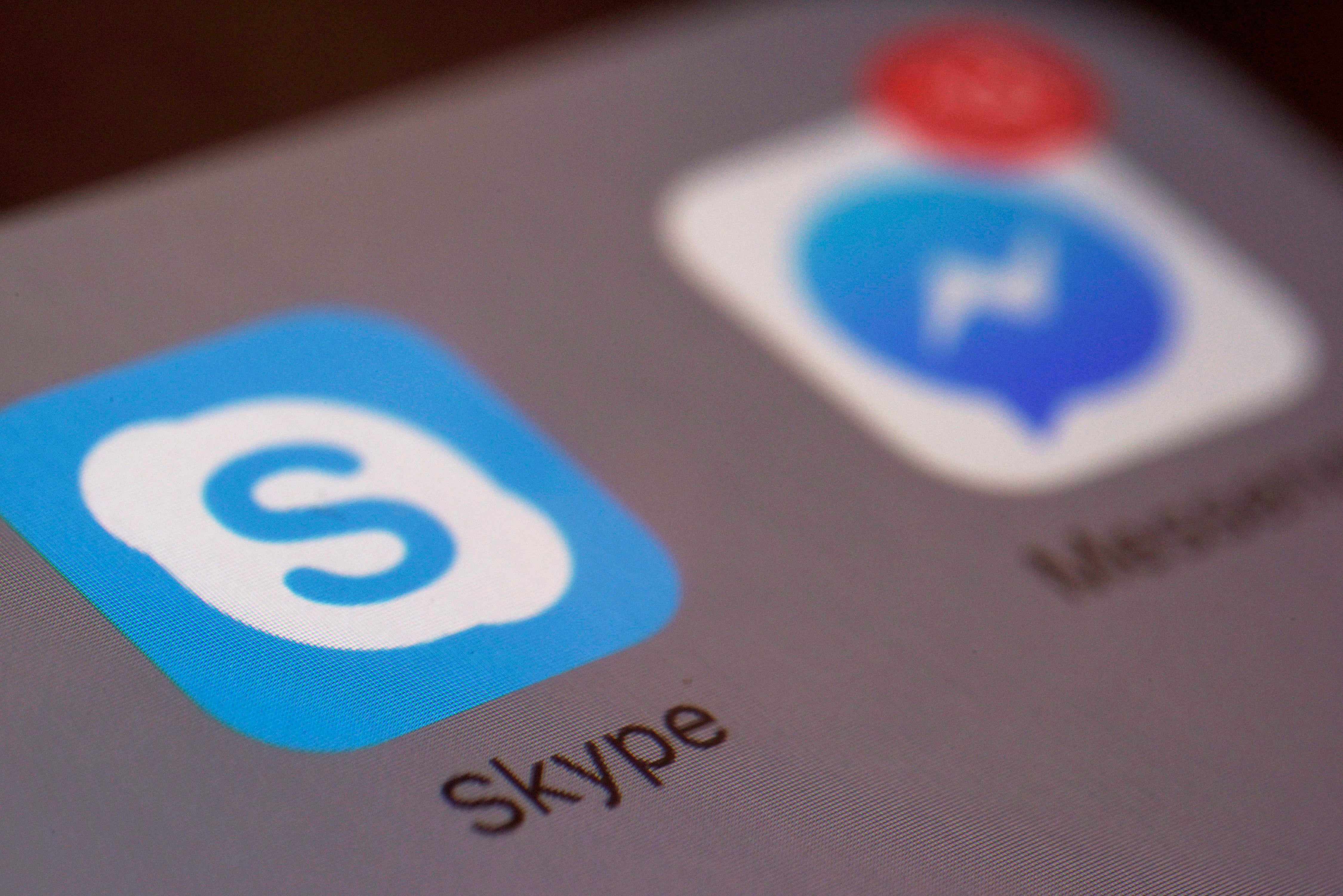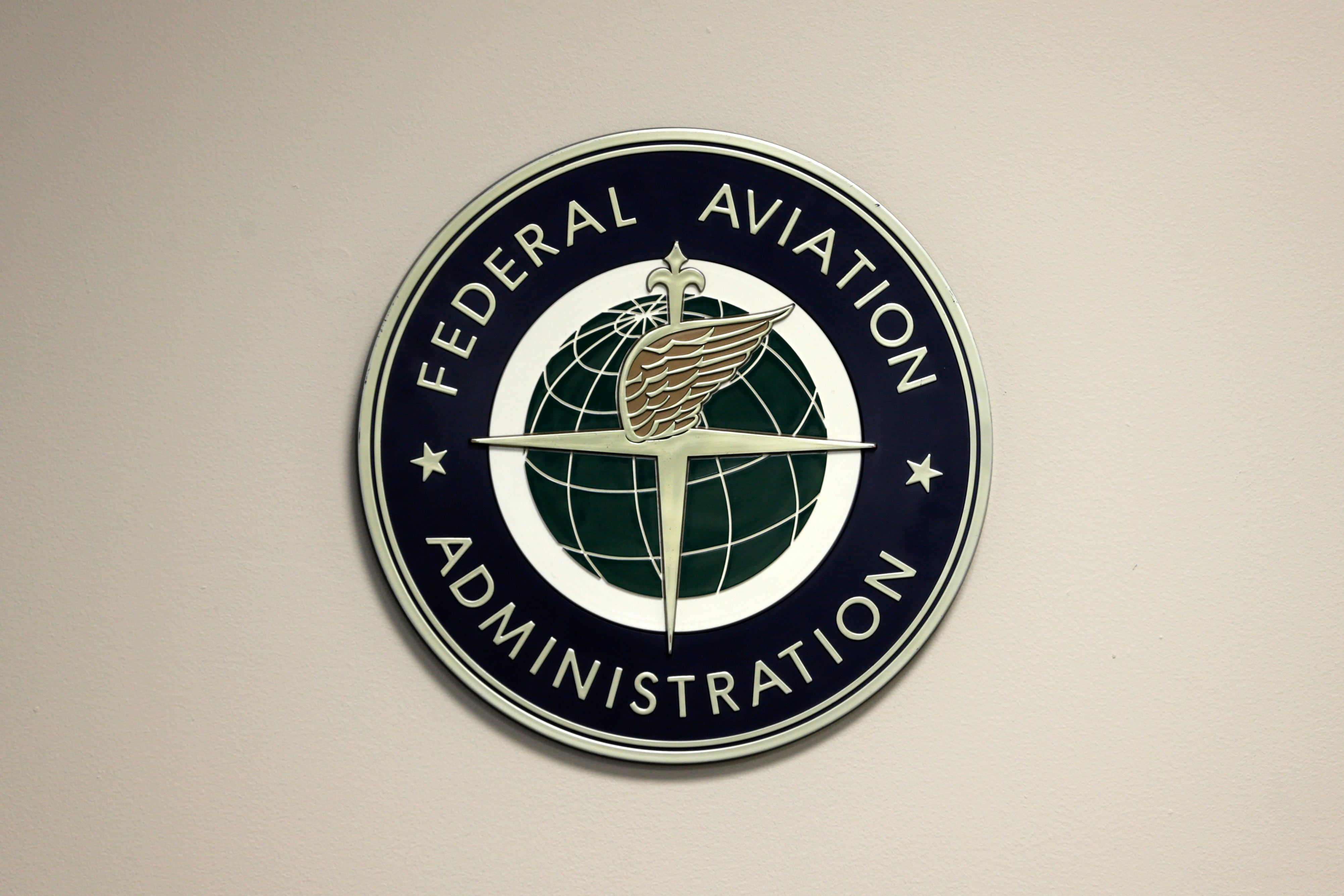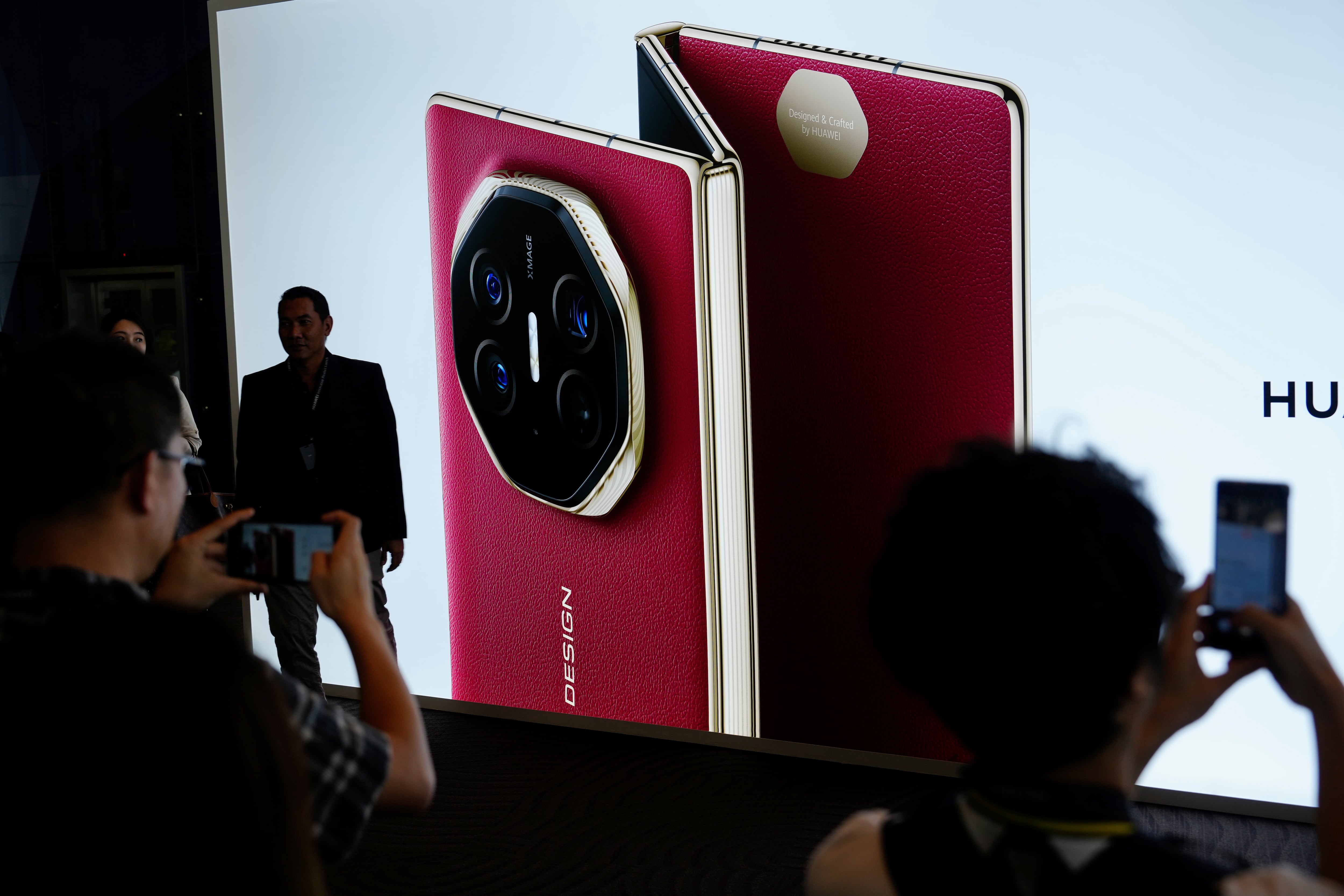*By Rebecca Heilweil* As Tesla stock prices spiked Wednesday upon [news] (https://cheddar.com/media/tesla-shares-pop-following-report-of-production-hike) that the electric auto manufacturer appears to be increasing production, the company's 2013 Model S was also named [Ultimate Car of the Year] (https://www.motortrend.com/news/2013-tesla-model-s-beats-chevy-toyota-cadillac-ultimate-car-of-the-year/) by MotorTrend, beating out all other models and makes that won car-of-the-year in the publication's seven decades. The MotorTrend's editor-in-chief, Ed Loh, told Cheddar Friday that the 2013 Model S beat out cars from years past because other companies haven't managed to keep pace with the electric vehicle manufacturer. "The average lifecycle of a car before it gets changed over is about six to eight years. 2013 was a while ago. You would expect a lot of other car manufacturers to have surpassed Tesla at this point, and they really haven't, if you look at the range and the performance," he explained. "That Model S is still the top in its category right now." "That one really set the standard for our first 70 years," said Loh. Other companies have ventured into the EV space. General Motors ($GM) says it plans to eventually transition to [only producing electric cars] (https://cheddar.com/media/gm-electric-vehicles-charging-infrastructure). Porsche ($POAHY), Jaguar, and BMW ($BMWYY) are among other car manufacturers that have new electrical vehicles in the work. Just today, Ford ($F) and Volkswagen ($VWAPY) announced that they would share electric car technology -- Volkswagen's modular electrification toolkit -- as part of a [larger partnership] (https://cheddar.com/media/although-fiercely-competitive-in-the-marketplace-volkswagen-and-ford-invest-together-in-self-driving-tech) between the companies. But Tesla ($TSLA) has stayed ahead, Loh said, because it specializes in the vehicles. He believes that competitors have yet to build a model that can compete with Tesla Model S. "They're only going after electric cars," said Loh. "And most of the big manufacturers are still trying to do internal combustion engines, hybrids, and maybe some of these new technologies." "Cars are incredibly capital intensive. You have to not only build them, but you have to build the factories, you have to train the workers. You have to market them. You have to create a dealer network," said Loh. "All of this stuff takes a ton of money. And actually, comparatively speaking, the margins are quite low."












